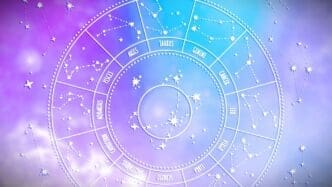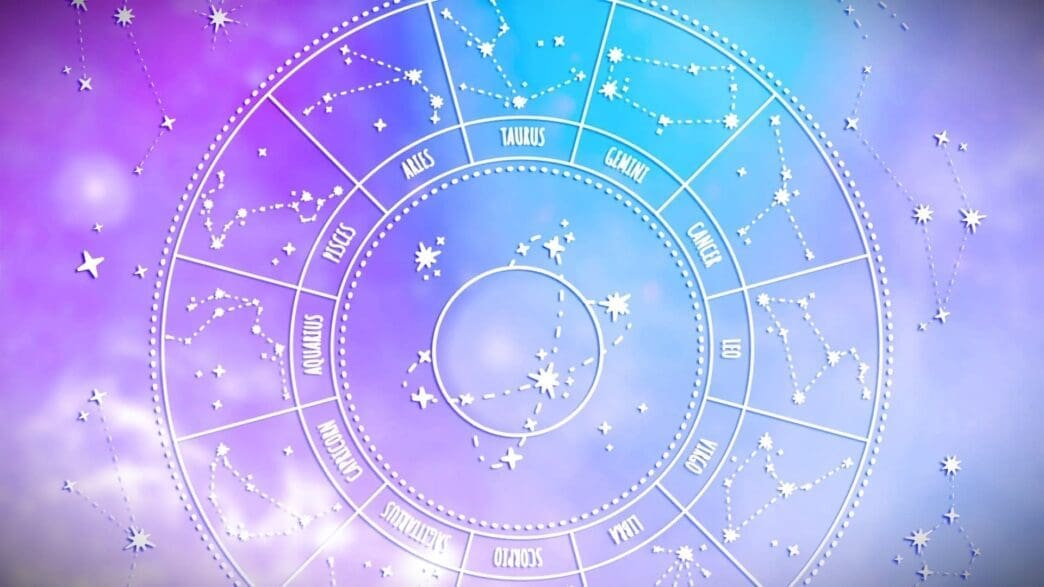Astrology, an age-old practice spanning centuries and cultures, intertwines celestial bodies with earthly events. It predicts potential happenings by interpreting the stars, planets, and their cosmic dance.
Astrology blends the movements of planets and zodiac signs to anticipate themes and developments on Earth. Although free will plays a significant role in shaping one’s life, astrology shines light on areas needing attention, empowering individuals to make positive changes. Rather than dictating fate, it hints at potential paths, encouraging self-reflection and proactive adjustments.
Understanding your sun, moon, and rising signs offers deeper insights into identity. The sun sign, tied to one’s birth date, reflects core self and values. Meanwhile, the moon sign, less known, governs emotional responses, influencing hidden behaviors. The rising sign, determined by the time and location of birth, reveals public identity and first impressions.
Astrology forecasts are intricate, requiring precise calculations of planetary movements. Astrologers, acting as interpreters, study celestial maps to discern patterns and cycles. By considering aspects in one’s birth chart, astrologers provide predictions that guide understanding and decision-making.
Planets in astrology hold unique meanings. The sun relates to ego, while the moon governs emotions. Mercury influences communication, Venus affects love and finances, and Mars drives assertiveness. Larger planets like Jupiter and Saturn symbolize opportunity and responsibility, respectively, with outer planets highlighting dreams and transformation.
Transits and aspects in astrology describe interactions between planets and natal charts. Transits represent current planetary alignments, influencing one’s life temporarily. Aspects, fixed in natal charts, determine long-standing influences. Two planets may conjunct, square, or oppose each other, creating harmony, tension, or balance.
Astrology’s history traces back to ancient Babylon, evolving through Greek and Roman adaptations. Once considered heretical, it resurged in the 20th century, blending with psychology. Renowned figures like Ptolemy, Nostradamus, and Alan Leo shaped its methods, each leaving a lasting legacy.
Astrological diversity abounds, with Western and Vedic systems amongst the most prominent. Western astrology attributes destiny to planetary placements at birth, focusing on sun signs and equinoxes. Vedic astrology, rooted in actual constellations, emphasizes rising signs and Nakshatras, integrating Indian philosophies.
Branches like horary and medical astrology offer specialized insights. Horary astrology answers specific questions by interpreting celestial positions at the moment of inquiry. Medical astrology aims to diagnose health issues, using planetary elements to identify imbalances impacting well-being.
Astrology’s allure endures, with many turning to the stars for guidance and understanding. Through astrology, individuals seek to decode life’s complexities, discovering personal truths and cosmic connections.
Astrology remains a captivating tapestry weaving celestial movements with human experiences. It invites introspection, offering glimpses of potential futures shaped by planetary whispers.








